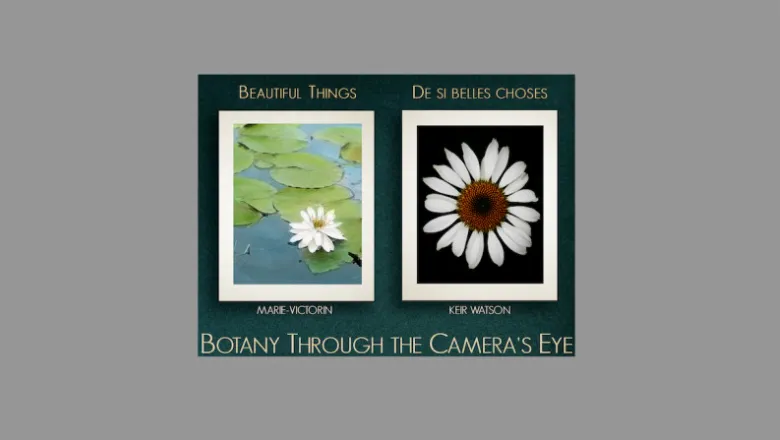Professor Sarah Cooper
Professor of Film Studies
Research interests
- Media
Biography
Sarah was an undergraduate and a postgraduate student at Cambridge University, Corpus Christi College, where she completed a BA Honours Degree in Modern and Medieval Languages (French and German), an MPhil in European Literature, and a PhD thesis on French feminist theory and North American queer theory. She worked as a Staff Fellow and Newton Trust Lecturer in French Studies at Trinity Hall, Cambridge University from 1998-2004, before moving to King’s to lecture in Film Studies from 2004.
Research Interests and PhD Supervision
- History of film theory
- Film and philosophy
- Critical plant studies and film
Sarah’s research interests range from critical theory, through documentary, arthouse, and experimental film, to film theory and philosophy. She has also written extensively on French cinema. Sarah is the author of Film and the Imagined Image (EUP, September 2019); The Soul of Film Theory (Palgrave Macmillan, 2013); Chris Marker (MUP, 2008); Selfless Cinema? Ethics and French Documentary (Legenda, 2006); and Relating to Queer Theory: Rereading Sexual Self-Definition with Irigaray, Kristeva, Wittig, and Cixous (Peter Lang, 2000). Sarah has edited special issues of the journals Film-Philosophy, “The Occluded Relation: Levinas and Cinema” (2007); Paragraph, “New Takes on Film and Imagination” (2020); and Philosophies, “Thinking Cinema—With Plants” (2023). She is currently PI for the AHRC-funded network project “Global Circulations of Film Theory”. Her most recent research focuses on film, vegetal life, and critical plant studies, with a particular focus on flowers. Sarah welcomes applications for PhD topics related to any of her research interests.
For more details, please see her full research profile.
Teaching
Sarah has taught across all levels, from first-year to final-year undergraduates, through MA students on the general Film Studies degree as well as the MA Film and Philosophy pathway, to PhD students. She has taught survey courses on film theory and film philosophy, but she has also devised themed courses on spectatorship, ethics, and ecology, among other topics over the years.
Expertise and Public Engagement
Sarah served as Honorary Secretary for the Society for French Studies in the United Kingdom and Ireland from 2000 to 2008. She was on the Editorial Board of Film-Philosophy from 2006 to 2014 and is now on the Advisory Board. She is on the Editorial Board of French Studies. She is co-editor of the “Thinking Cinema” book series with Bloomsbury Press, launched in 2014, which publishes cutting-edge research on theory, philosophy, and film.
Events

Botany Through the Camera's Eye — Marie-Victorin / Keir Watson: Photo Exhibition, Round Table Discussion and Book Launch
Join us for the exhibition launch of Botany Through the Camera's Eye, with a roundtable discussion on Representing Nature on Film.
Please note: this event has passed.
Events

Botany Through the Camera's Eye — Marie-Victorin / Keir Watson: Photo Exhibition, Round Table Discussion and Book Launch
Join us for the exhibition launch of Botany Through the Camera's Eye, with a roundtable discussion on Representing Nature on Film.
Please note: this event has passed.
